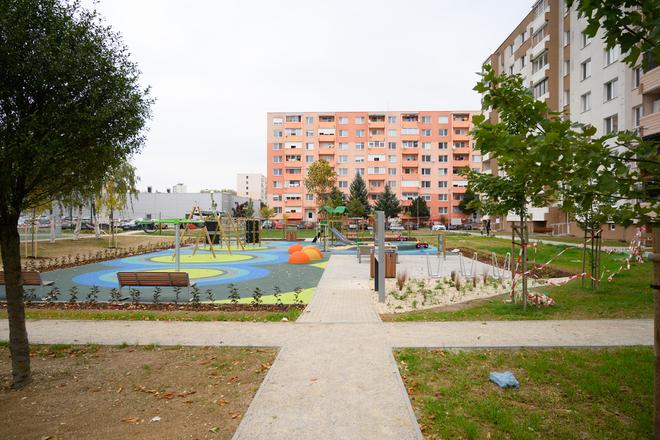Living in an apartment building means navigating a delicate balance of shared spaces and diverse needs. Residents must adhere to communal rules, exercise consideration for their neighbours, and embrace the principle of treating others as they themselves wish to be treated.
Otherwise, thin, poorly insulated walls can spark frequent disputes in apartment buildings, with issues ranging from the noise of children playing to loud music and smoking on balconies. Communal areas are often cluttered with discarded items—plants, bicycles, prams, shoe racks, and even bulky furniture. Additionally, some residents leave unpleasant-smelling rubbish in these shared spaces, causing further discomfort while waiting for collection.
The Association for Better Apartment Building Management highlights that it is essential for apartment residents to recognise that communal areas are not to be used as storage spaces, with hallways in particular serving as crucial escape routes. In the event of a fire, such obstructions not only endanger residents but also pose significant risks to emergency services, who may trip over these items in low-visibility conditions, such as smoke. Additionally, clutter can exacerbate the spread of a fire, making timely evacuation even more challenging.
House rules
If a neighbour persistently leaves rubbish in communal areas despite polite requests from fellow residents or the building manager to stop, several actions can be considered. While options like contacting the local council or police, pursuing legal action, or even seeking a court order to force the sale of an apartment are available, they are typically time-consuming and may prove ineffective. The most effective solution is implementing a set of house rules, the association notes.
Many apartment buildings already have these rules, which should be displayed prominently, such as on a noticeboard in communal areas. For these rules to be enforceable, they must be approved by a majority of owners at a meeting or assembly, making them legally binding for everyone in the building. The rules can include reasonable penalties for non-compliance, such as financial penalties, which would be added to the building’s maintenance fund. These fines are enforceable as they have been approved by the owners and are as binding as any other decisions made by the building’s management.
Fines
Leaving rubbish or other items in hallways can result in significant fines for the building if escape routes are obstructed or if flammable materials like prams or wardrobes are improperly stored, the association underscores.
Fines can reach up to €16,330.
In every apartment building, there may be a resident who refuses to clear their ‘storage space’ from the hallway and does not cooperate with the manager. In such cases, it is advisable for the manager to explain why it is crucial to keep escape routes clear.
In an apartment building, it is the manager who is responsible for the safety of communal areas and facilities. According to Act No. 182/1993 on the Ownership of Apartments and Non-Residential Premises, the manager must remove any obstructions or hazards that threaten life, health, or property. This obligation includes addressing faults or defects in the building’s common areas, technical devices, and equipment that pose an immediate risk.
If communication with an uncooperative resident fails, the manager may remove the items themselves, even without the owner's consent. This action can also be incorporated into the house rules, provided these rules have been approved by a majority of the owners.


 A children's playground on Martin Benka Street in Topoľčany. (source: TASR - Henrich Mišovič)
A children's playground on Martin Benka Street in Topoľčany. (source: TASR - Henrich Mišovič)